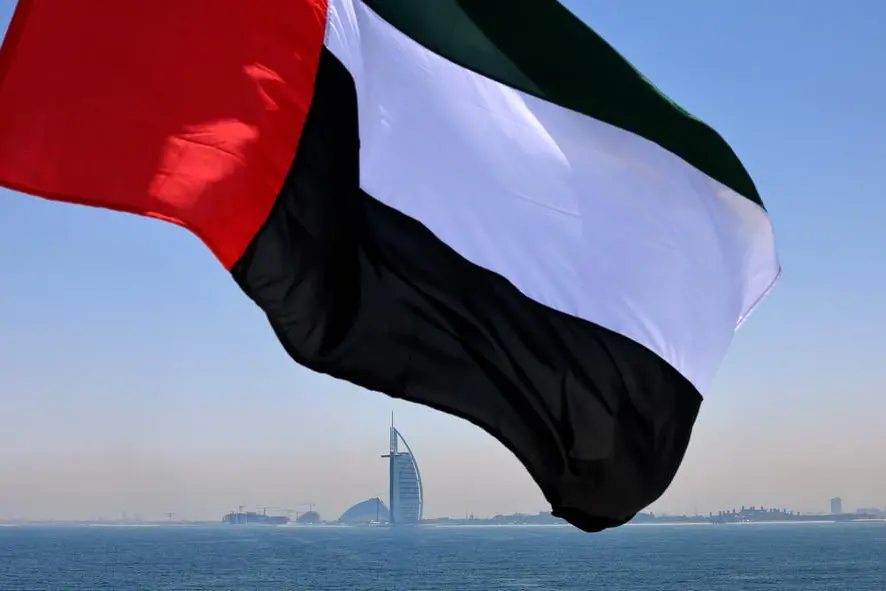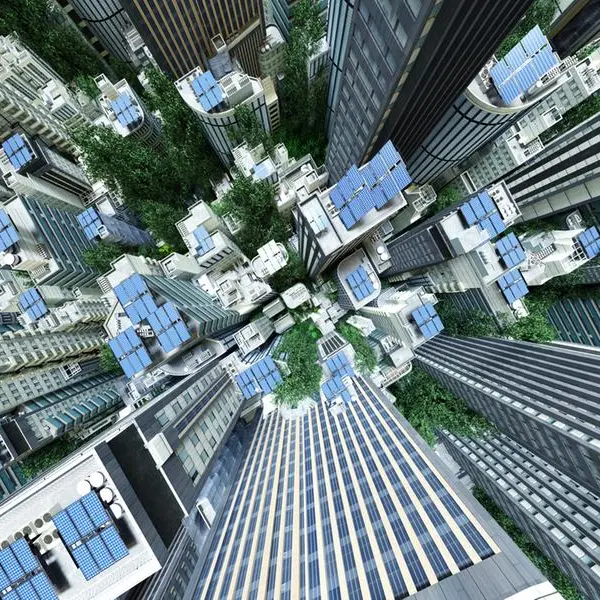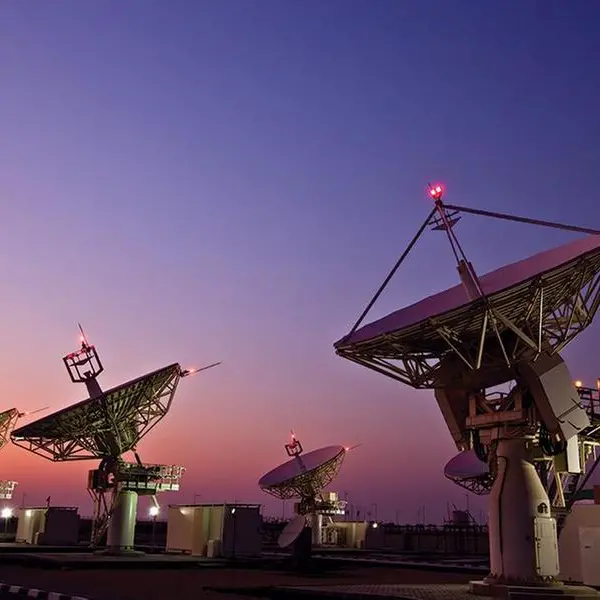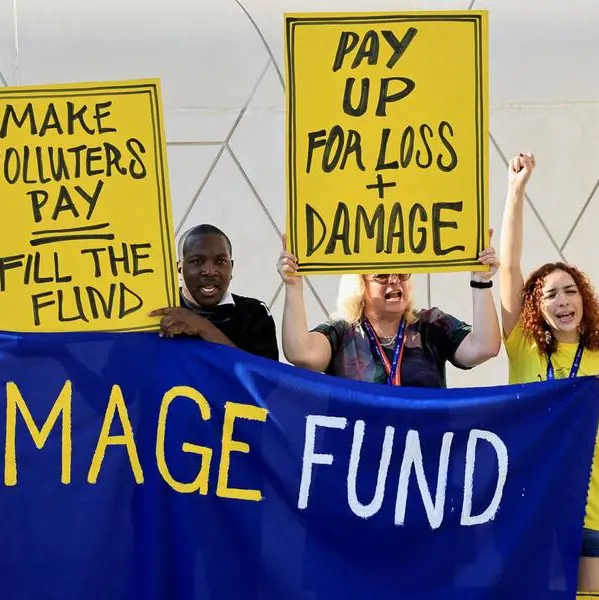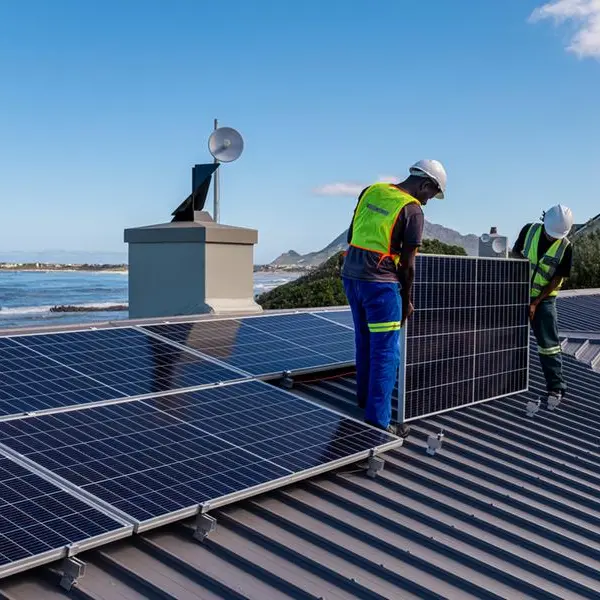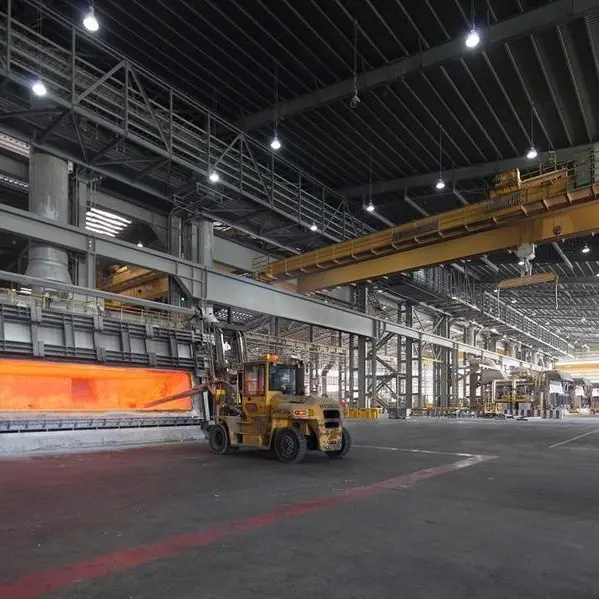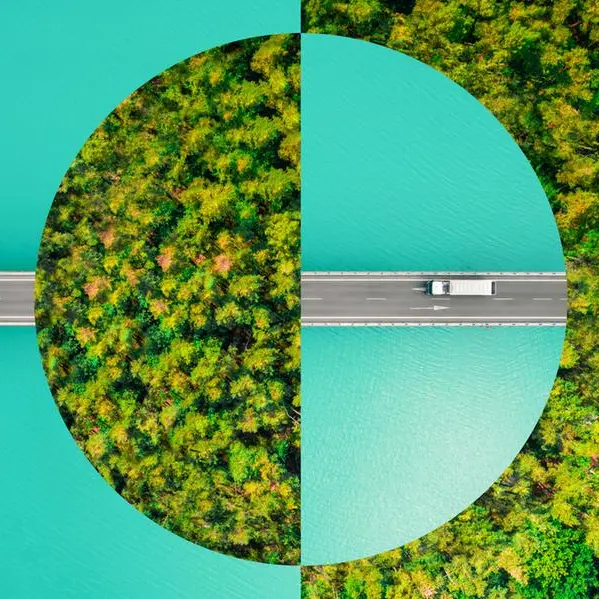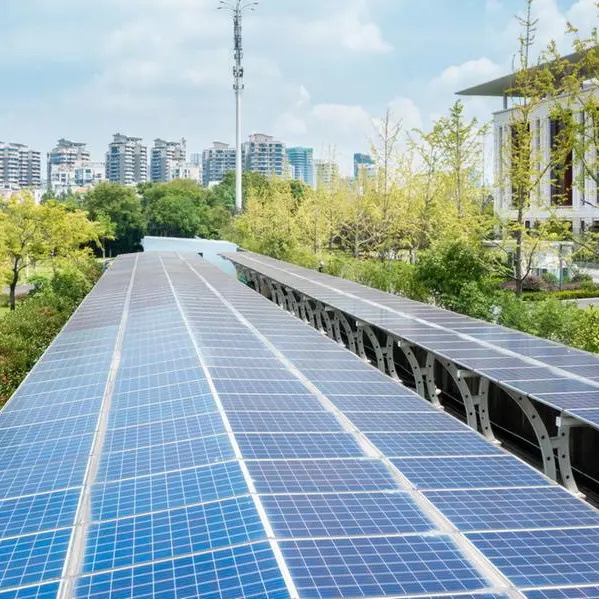PHOTO
ABU DHABI - The announcement of 2023 as the Year of Sustainability in the UAE, made by President His Highness Sheikh Mohamed bin Zayed Al Nahyan, crowned the country’s significant efforts in sustainability and environmental preservation, marking a turning point in driving global efforts to support climate action and paving the way ahead of COP28.
The UAE has had an inspiring journey in protecting the environment since the establishment of the Union in the 1970s, and has exerted considerable energies in climate action, beginning with its signing of the Montreal Protocol on Substances that Deplete the Ozone Layer in 1989.
In the early 1990s, there was a global consensus for launching the United Nations Framework Convention on Climate Change, which the UAE joined in 1995 in an effort to perform what it saw as its duty in supporting such an important movement.
Subsequently, relevant international arguments and legal obligations related to climate action have progressed, leading to the Kyoto Protocol binding developed countries to commit to reducing greenhouse gas emissions. In 2005, the UAE ratified the agreements launched under protocol.
In 2015, the UAE joined the Paris Climate Agreement, which marked progress in climate action objectives and focused on addressing global warming and reducing greenhouse gas emissions.
The UAE is a pioneer in driving the sustainability agenda, being the first in the region to ratify the Paris Agreement and declare a climate neutrality strategy initiative, the UAE Net Zero by 2050.
The country also believes that global energy transition can only be achieved by uniting international efforts. The energy sector needs cutting-edge and commercially-viable innovations, affirming the need to invest in clean energy solutions that may be utilised on a broad scale.
The year 2006 was a turning point in the country’s climate action efforts, with the launch of the Abu Dhabi Future Energy Company (Masdar), an Emirati global model of clean energy and sustainable development.
Masdar is currently active in more than 40 countries on six continents and has invested more than US$30 billion in international projects.
The overall production capacity of Masdar’s projects, whether those already operational or under development, is over 20 gigawatts (GW), enough to power 5.25 million homes, helping reduce over 30 million tonnes of carbon dioxide emissions annually, which is equivalent to removing 6.5 million cars off the road.
Masdar is entering a new phase with ambitious and bold objectives, and it is currently supported by three leading Emirati energy companies. These are the Abu Dhabi National Oil Company (ADNOC), Mubadala, and the Abu Dhabi National Energy Company (TAQA), which will enable Masdar to benefit from the expertise of its partners and enhance its stature as a pioneering global company in renewable energy and green hydrogen.
As the UAE prepares to host COP28, Masdar will help accelerate the pace of development under its new structure. In addition, it will support the country’s commitment to becoming one of the leading developers and operators of renewable energy and green hydrogen in the world.
Masdar aims to have a project portfolio with an overall production capacity of more than 100 GW by 2030 and plans to double its production capacity in the coming years, while also seeking to produce 1 million tonnes of green hydrogen by 2030 through its green hydrogen business.
Abu Dhabi Sustainability Week 2023, which concluded yesterday, helped reinforce the UAE’s commitment to addressing international challenges and enhanced its pioneering role in strengthening climate action.
ADSW also helped facilitate effective dialogue and translate pledges into tangible outcomes towards a carbon-free future, to achieve sustainable progress in climate action.
More importantly, COP28 will be the most crucial multilateral event to be hosted by the UAE, which will work with the international community to help pave the way to achieve the temparture reduction target of 1.5°C.
The UAE continues to grow its investments in the clean energy sector both locally and globally, through increasing its collaborations with developed countries and expanding its global portfolio, to support affected communities by mitigating the fallout of climate change, helping countries adapt to it, and limiting losses and damage resulting from it.
